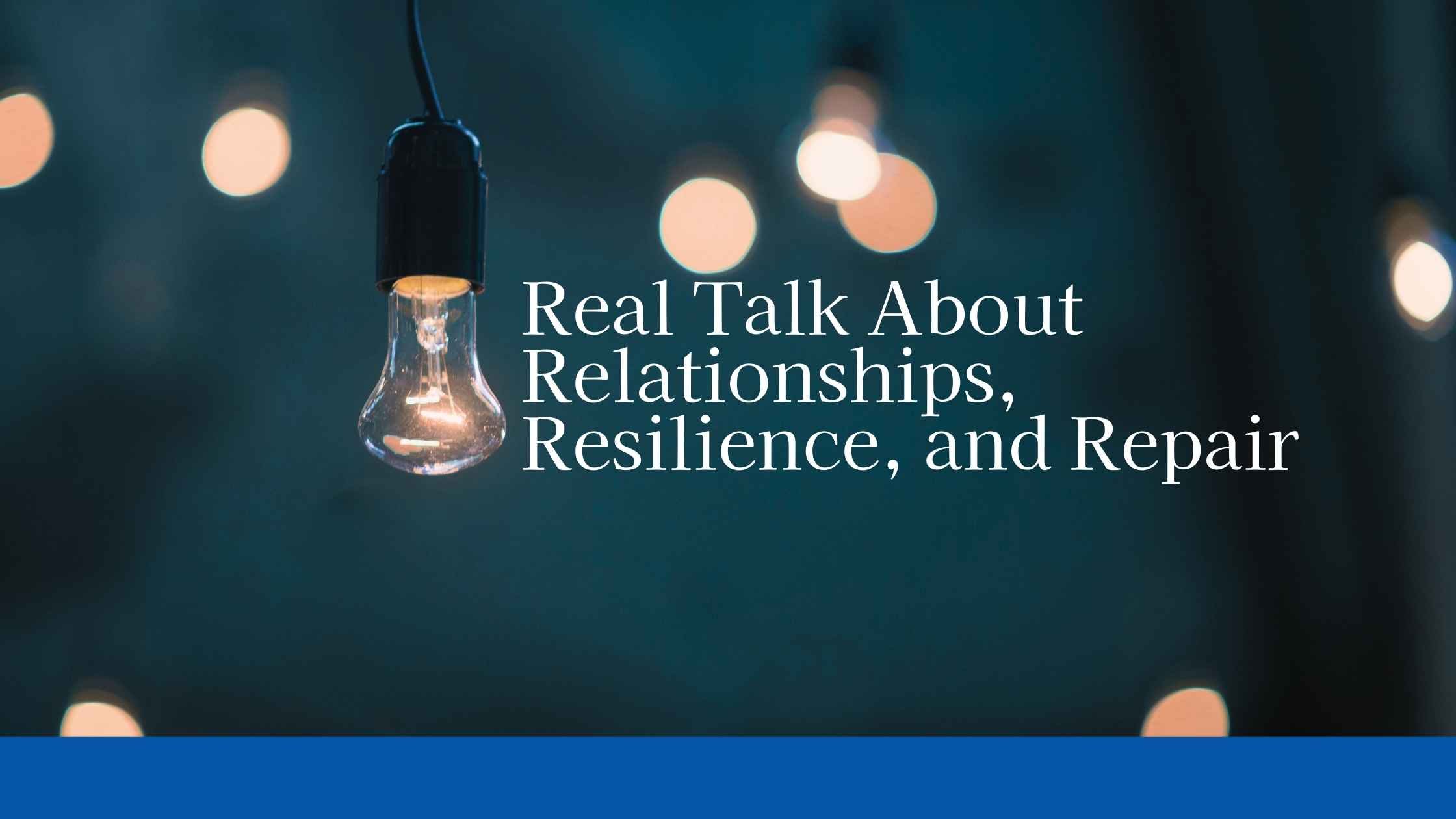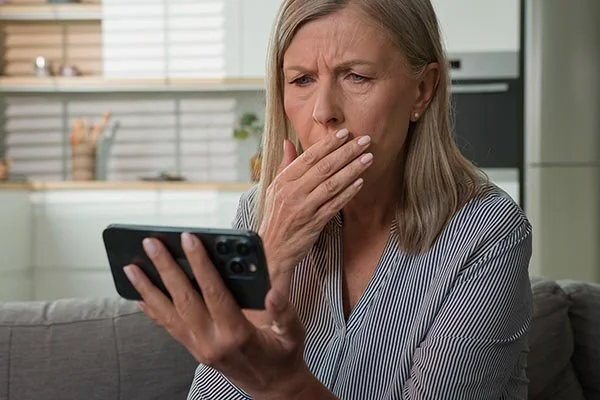
Blog

How Therapy Helps You Break the Cycle of Catastrophic Thinking
Betrayal can leave you stuck in a loop of catastrophic thoughts, constantly fearing the worst. In this post, we explore how therapy helps you break free from those spirals and regain a sense of calm, clarity, and self-trust.

The Double-Edged Mirror: Empathy, Hypervigilance, and Pain After Betrayal
Betrayal can distort the empathy loop, leaving you stuck in cycles of emotional overload. This blog explores how mirror neurons affect post-betrayal recovery—and how therapy can help you come back to yourself.

After Betrayal: Learning to Trust Your Body and Each Other Again
After betrayal, healing sexual intimacy isn’t about rushing back to “normal”—it’s about rebuilding emotional and physical safety from the inside out. Learn how betrayal trauma therapy helps couples rebuild trust, reclaim choice, and reconnect in ways that honor both partners' healing journeys.

When Criticism Cuts Deeper: The Neurobiology of Fear After Betrayal
When you've been betrayed, your brain becomes wired to expect rejection. Explore how even minor criticism can feel like a deep threat — and how trauma-informed therapy helps restore emotional safety.

When Reactivity Is a Trauma Response
After betrayal, impulsive reactivity can feel like the only option. This post explores why trauma drives impulsive behaviors—and how stabilizing practices help you begin to heal.

When Sorry Isn’t Safe Yet After Betrayal
In the aftermath of betrayal, repair can’t be rushed. This post explores why safety must come before closeness—and how real repair is lived out, not just spoken.

After the Fall: Why Trust Needs Daily Rebuilding After Betrayal
Betrayal shatters trust, but healing is still possible. This post explores how trust is rebuilt day by day—with honesty, repair, and a commitment to wise trust from the inside out.

Name It to Tame It — Why Emotion Vocabulary Heals
Naming your feelings can transform your brain, your relationships, and your healing journey. This post explores the science behind “Name It to Tame It,” offers practical steps to move from vague to specific emotions, and shows why building emotional vocabulary is key to regulation and connection.

Family Disclosure After Betrayal: Why It Matters and How to Do It Well
Family disclosure helps families name what’s been hidden and rebuild connection after betrayal or harm. This blog outlines the purpose, process, and pacing of disclosure—including how to speak to children and what to expect next.

The Healing Power of “No” After Betrayal
In the wake of betrayal, boundaries help restore safety and dignity. This post explores how “no” can be a healing force for betrayed partners—not rejection, but protection.

When Good Intentions Backfire: Common Pitfalls That Reinforce Old Patterns in Recovery
Even with the best intentions, couples recovering from sex addiction and betrayal trauma can fall into patterns that hinder healing. This post highlights common pitfalls and offers insights to foster genuine relational growth.

What the Betrayed Partner Needs You to Understand (Even If You’re Working Hard to Change)
Even if you’re doing the work to get better, your partner may still be in pain. This post explores what betrayed partners need you to understand in the early stages of healing, especially when your progress doesn’t match their emotional reality. Understanding this mismatch is key to building long-term trust.

What the Addicted Partner Needs You to Understand (And What They Might Not Know How to Say)
Betrayed partners aren’t the only ones hurting—this post helps unpack what many addicted partners wish they could say, and why understanding their inner experience can help couples heal relationally.

Healing Together After Betrayal: Why Sex Addiction Recovery and Betrayal Trauma Require Two Perspectives
Healing from betrayal trauma and sex addiction recovery require more than individual work. This post explains why both partners' perspectives matter—and what can happen when recovery is one-sided.

Wise Trust After Betrayal: Rebuilding Without Losing Yourself
Wise trust after betrayal means moving at your own pace, honoring your nervous system, and watching for change over time. Learn how therapy can support your healing while helping the relationship become safe enough to rebuild.

Why You Can’t Heal By Doing the Work For Them
Trying to hold it all together while your partner recovers?
You’re not alone—but real healing can’t happen when you’re carrying the weight of someone else’s work. This post explores what betrayal recovery looks like when you stop performing strength and start prioritizing your own healing. You don’t have to do this alone—and you don’t have to do it for them.

Is It Betrayal Trauma or Just Infidelity? How to Know the Difference
Wondering if what you’re feeling is normal?
This post explores the difference between infidelity and betrayal trauma—so you can name what’s happening and get the right kind of support. If you’re feeling disoriented, hyper-alert, or stuck in obsessive thoughts, this might be more than just heartbreak. You’re not overreacting. You’re trying to survive.

The Cost of Over-Attunement: When Betrayed Partners Forget Their Own Needs
Betrayed partners often over-attune to their spouse’s emotions and recovery work while neglecting their own healing. This post explores how differentiation helps you reconnect with your truth without fear of further loss.

When Secrets Surface: Healing the Wound of Hidden Porn Use in Marriage
The discovery of secret porn use in a marriage can leave partners reeling. In this post, we explore why secrecy hurts, what emotional repair requires, and how couples therapy creates a path forward. If you're feeling lost after a breach of trust, you're not alone—and healing is possible.

What If I Never Trust Again?
Trust doesn’t just break after betrayal—it unravels your sense of reality. In this post, we explore what it means to rebuild trust from the inside out, starting not with the betrayer, but with yourself.
